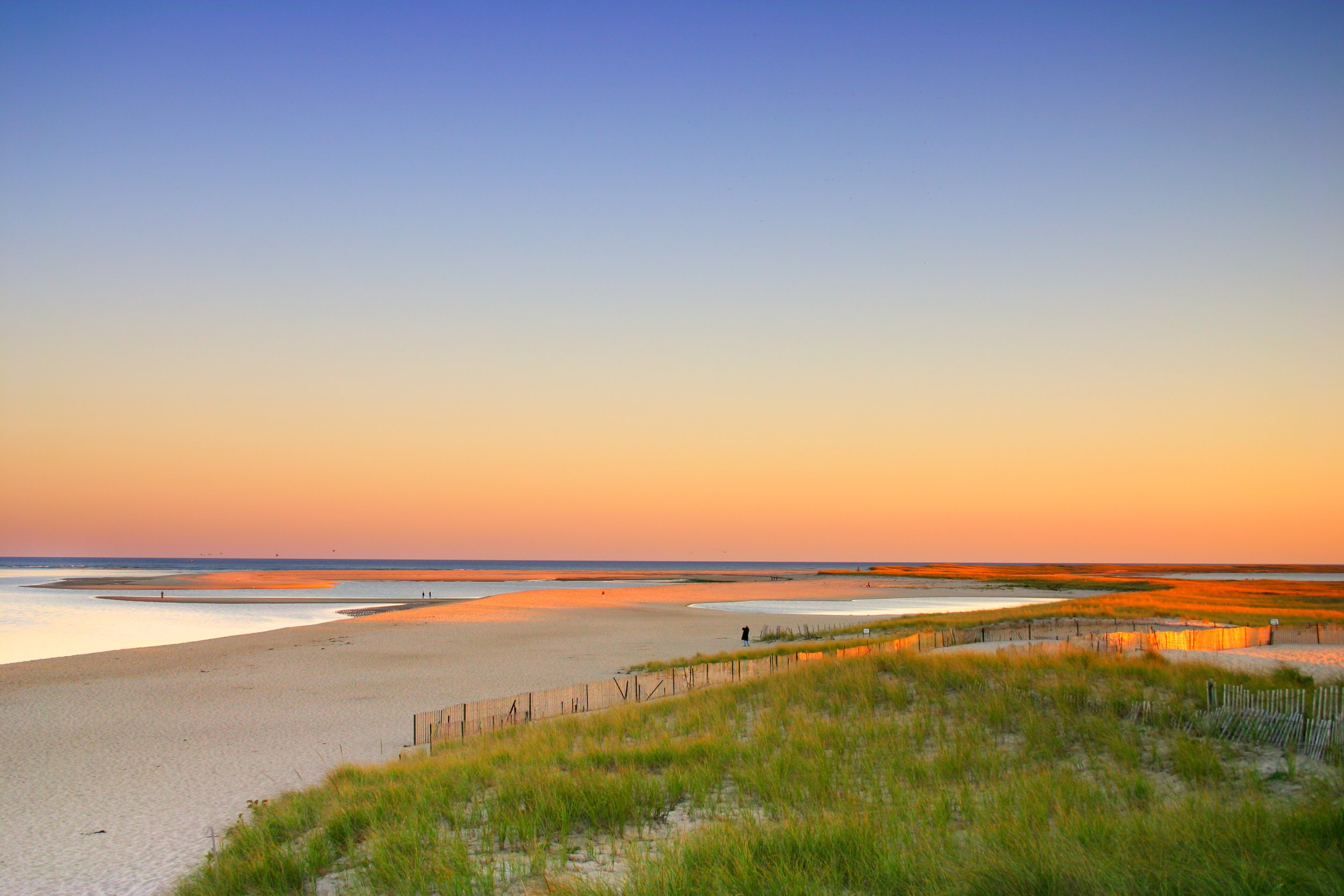Local SEO: How to Dominate Cape Cod Search Results
Let’s make sure the next time someone Googles your service in Cape Cod, it’s your name they see first.
When someone searches “best lobster roll in Chatham” or “interior designer in Hyannis,” what they find in those top results can make or break a local business. When you hear people or marketing agencies talking about “ranking on Google”, that’s what we’re talking about here. This is the power of local SEO, and if your Cape Cod business isn’t showing up where it matters most, on the first page of Google, you’re leaving revenue (potentially a lot of it) on the table.
Our Cape Cod economy is unique. Mainly driven by tourism, real estate, local services, and seasonal events, this type of customer behavior means your online presence must be just as strong as your storefront or word-of-mouth reputation. In fact, over 90% of consumers use Google to find local businesses, and most don’t scroll past the first few listings. If your business isn’t there, your competitors are reaping the rewards.
Why Local SEO Matters on Cape Cod
Local SEO is what helps your business get found when someone searches for something “near me” or includes a specific location like “Orleans landscaper” or “Cape Cod pet groomer.” It’s especially critical here, where residents and tourists alike are relying on their phones to make fast decisions about where to eat, shop, stay, or book services.
Unlike broader SEO strategies that aim for national or global rankings, local SEO focuses on visibility in specific geographic areas. This is exactly what Cape Cod businesses need to attract nearby customers. Whether you serve a single village like Sandwich or cover a larger region like the Outer Cape, local SEO helps connect you with people who are ready to buy or show up right now.
Let’s dive into what it takes to make sure you’re showing up where it counts.
Optimize Your Google Business Profile
If you do nothing else for local SEO, do this! Claim and optimize your Google Business Profile (formerly Google My Business) in order to have a local online presence in Google search. This is the most important step. This free listing is what powers that eye-catching box on the side of search results and appears in Google Maps and the “local pack” (those top three businesses that show up under a map for local queries).
Google Business Profile Step by Step:
Claim your profile: Go to google.com/business and claim your business.
Use your exact business name. No extra keywords. No fluff.
Add your full address, phone number, and business hours.
Select the most accurate primary category. Write “landscape designer” not just “contractor”.
Upload high-quality photos of your storefront, products, team, or past projects.
Encourage reviews and respond to every one! Google rewards engagement.
Post regular updates, such as seasonal offerings, blog links, or promotions.
Pro tip: Be consistent. The information on your website, Google profile, and other listings must match exactly. This includes your business name, address, and phone number.
Build Local Citations
A citation is any mention of your business online that includes your name, address, and phone number. Think Yelp, TripAdvisor, Yellow Pages, Facebook, the Cape Cod Chamber directory, and industry-specific listings.
Google uses these citations to verify your business’s legitimacy and authority. The more accurate, consistent citations you have from reputable sources, the more trustworthy your business appears. This applies both to Google and to potential customers.
Start with:
Local directories like the Cape Cod Chamber of Commerce
Industry directories (Angi, Houzz, Healthgrades, etc.)
Social media platforms (make sure your info matches!)
Local news outlets or blogs that do business spotlights
Use Location-Based Keywords
Search engines want to serve users the most relevant local results. To help them out, your website should include keywords that reflect both your services and your location.
Examples:
“Custom home builder in Barnstable”
“Wedding florist Cape Cod”
“Provincetown boutique hotel”
Don’t just list these in a footer. Use these phrases naturally throughout your site. Especially in the places listed below.
Home and About pages
Service area pages (create individual pages for key towns if you serve multiple areas)
Blog posts and FAQ pages
Meta descriptions and title tags
Remember: Tourists are a huge market on Cape Cod. If you cater to seasonal visitors, create pages or blog content with terms like “Cape Cod summer rentals,” “4th of July events in Falmouth,” or “Eastham vacation activities.” This will help your business capture a wide net of potential customers who are searching with intent.
A Local SEO Strategy That Works Year-Round
Our Cape Cod economy may be seasonal, but your online presence doesn’t have to be. By investing in local SEO, you’re creating a long-term asset that helps customers find you every day, not just during the busy summer months. The best part? SEO compounds in value over time. A blog post from two years ago could still be driving a large amount of traffic to your website each year.
At SandyNeck Media, we’ve helped small businesses across the Cape rise to the top of local search results and stay there. Whether you’re just getting started or want to tighten up your strategy before the next season kicks in, we’re here to help.
Maybe you’ve noticed how many local mentions we organically weaved into this blog post? Get ready to see this blog in search results across the Cape!
Ready to Get Found?
Want hands-on help? Contact SandyNeck Media for a local SEO audit and custom strategy built just for your business.






